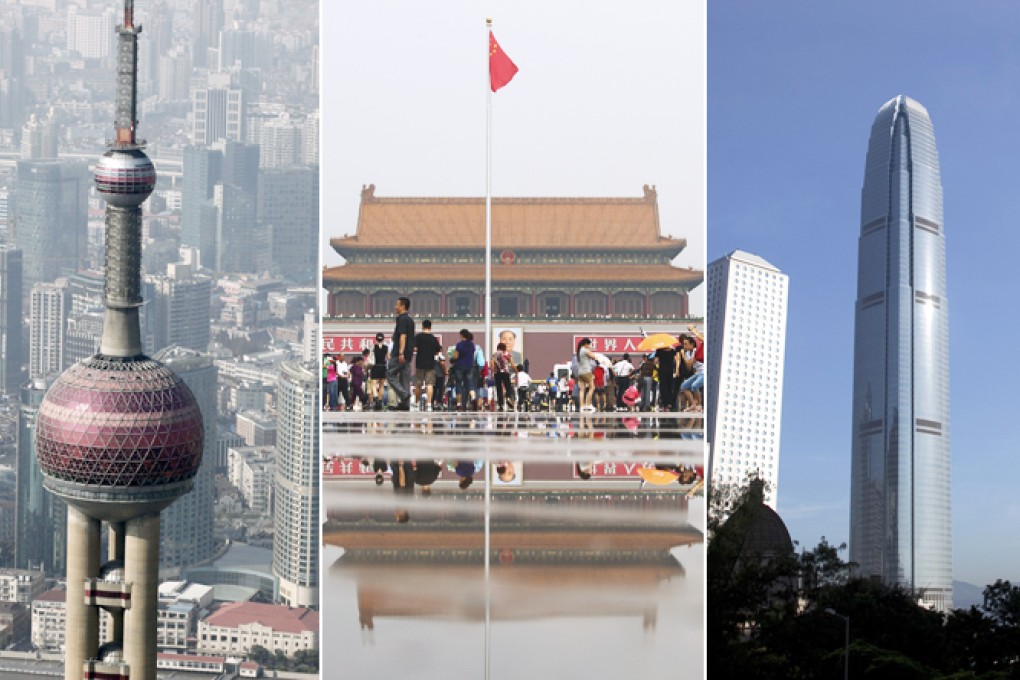New | China is biggest exporter of illicit capital, says watchdog group
The South China Morning Post discusses the implications of the ICIJ leak with Clark Gascoigne, spokesperson for the Washington DC-based think tank Global Financial Integrity (GFI), which has been tracking global illicit money flows since 2006.

The South China Morning Post discussed the implications of the leak with Clark Gascoigne, spokesperson for the Washington DC-based think tank Global Financial Integrity (GFI), which has been tracking global illicit money flows since 2006.
What was your initial reaction to the report on the Chinese offshore accounts?
While China is not unique in suffering from the consequences of illicit flows – we estimate that roughly US$6 trillion flowed out of the developing world between 2002 to 2011 – China is the biggest exporter of illicit capital, ahead of Russia (US$880.96 billion) and Mexico (US$461.86 billion).
What implications does offshore banking have on the Chinese economy?
Offshore tax haven secrecy and anonymous shell companies in places like the British Virgin Islands facilitate the illicit flow of money. As such, they have been shown to exacerbate inequality and corruption, two of the biggest challenges facing China today. Rising inequality is perhaps the most notable impact of offshore tax haven secrecy on China.
As the rich get richer through tax evasion and by using the world’s shadow financial system to shelter and multiply their illicit wealth, the middle class, the working class and the nation's poor suffer.
Much illicit money is round-tripped back into the country masquerading as foreign direct investment, where it is invested in real estate and other speculative [markets]. Real-estate prices skyrocket, pushing many people out of their homes, and the government is unable to collect tax revenues on the wealth.
Moreover, offshore tax haven secrecy facilitates corruption, raising the cost of doing business in China, slowing economic growth and increasing the likelihood that infrastructure projects will fail, as many bridge collapses have been linked to corruption.
How do you expect the Chinese government to react to Wednesday’s revelations?
The Chinese government has actually started to focus on the issue of corruption and illicit flows over the past couple of years.
There is simply no reason for not knowing with whom you are doing business. Moreover, China should expand its use of automatic cross-border exchange of tax information beyond the G20 to include non-G20 tax havens and developing nations. Much of these illicit flows are facilitated by opacity in the global financial system.
China has the ability to tackle this issue effectively, and there’s no reason why they can’t take the lead. After all, it’s developing and emerging economies like China that suffer the most from illicit financial flows.
Do you see the trend of an increase of offshore banking to continue?
